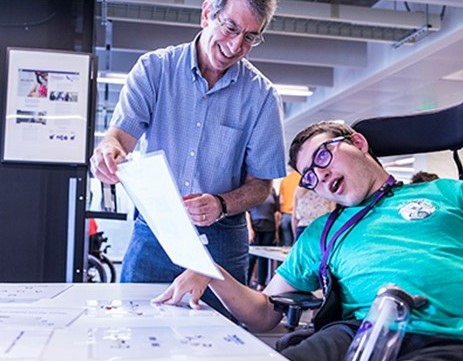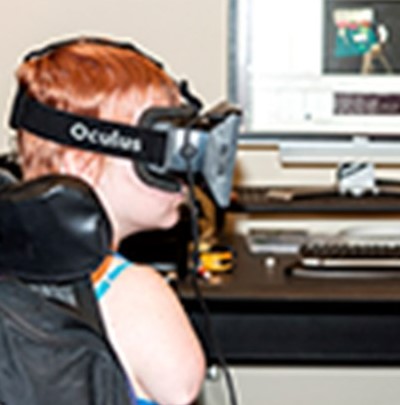
Author: Skye Vanlanduyt
The University of Washington is developing an AccessISL (Access to Informal Science Learning) Project utilizing student interns to promote accessible informal STEM learning. ISL is funded by Washington University and the National Science Foundation (NSF). ISL is a student learning practice which refers to a students’ learning experience outside of the classroom. Washington’s AccessISL project is a two-year program that students with disabilities can take part in. The program actively developing “creative methods to help ensure ISL is welcoming and accessible to everyone, especially those with disabilities.” This program is significant because it is allowing students with disabilities to partake in educational experiences that they otherwise would not be included in, in a traditional setting. Student interns from the Access to ISL Program created a video featured by the 2021 NSF Showcase explaining how individuals with disabilities can benefit from the ISL program’s accessibility and opportunities the program provides for STEM learners. The project was originally designed as a means to help the University of Washington with a “submission of a larger accessible ISL grant as collaborators develop and test model interventions, more fully develop replication steps, and gain insight from both people with disabilities and practitioners.” The University indicates this is an effort any stakeholder can join.
The Access ISL Project created a Replication Package: Facilitating Student Internships to Promote Accessible Informal STEM Learning. The Replication Package has been utilized as a study and is now a resource curated by the University of Washington to show how student interns interact with ISL. Fifteen students from the University of Washington took part in the study and were “recruited utilizing an internship announcement that was shared with the entire university, but primarily within the Museology Program, the Disability Resources for Students Office, the Disability Center, and the Disabilities, Opportunities, Interworking, and Technology Center.” The study was based in Washington State and sought out ideas and strategies to make STEM learning more accessible, accommodating, and welcoming to student’s needs, specifically University students enrolled in STEM programs.

Access ISL’s project has come up with strategies for how to include information on universal design in curriculum related to informal STEM Learning. Out of these strategies, the ISL program devised a set of resources to help university educators “include information about universal design curriculum related to informal STEM learning.” These resources are in conjunction with ‘Pedagogical and Content Design Practices that Support Accessibility and Inclusion in Museology Courses.’ The course, adopted by the University of Washington, highlights topics such as “Universal Design, STEM Learning Training Programs, Technology, and Information about how to interact with students with disabilities.” All of the programs serve in helping in the “creation and dissemination of resources” which aid in the development of accessibility in ISL.
An evaluation of the program has offered insight into not only the experiences of interns who took part in the project, but ways for how other universities and programs can adopt ISL in their education for students with disabilities. They recommend “forming partnerships with current university programs, and with local disability programs and organizations, as well as defining project expectations and goals at the beginning of the project.
ISL also provides stakeholders and members of the community a way for individuals interested in the topics discussed to join an online community, Access ISL Community Practice. The group includes stakeholders consisting of “faculty, students, disability service units, ISL programs, teaching and learning programs, diversity programs, and professional organizations.” However, anyone can join the group if they share a common interest in ISL and accessibility. Members in the group are able to take part in strategies such as “accessibility issues, forums, design topics for conferences and seminars, and future activities and training. To send a request to join, individuals should contact doit@uw.edu.


